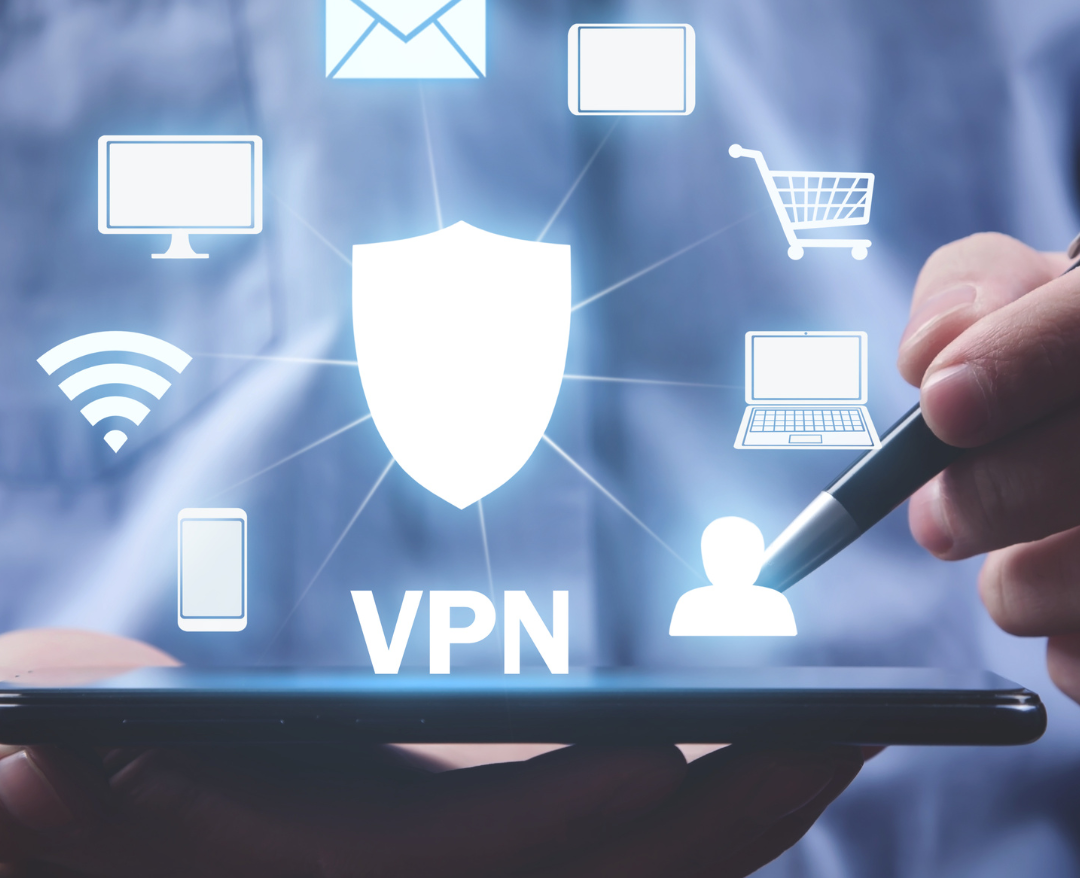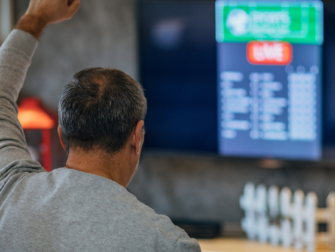VPNs are a technology that allows users to hide the location of their internet traffic and use public networks without being seen by ISPs.
However, VPNs can also be used for other things, like overcoming censorship and gaining access to streaming services like Netflix and BBC iPlayer from outside the US.
Why Do You Need a VPN Technology?
VPNs can be a valuable tool for protecting your online privacy. A VPN can help keep your browsing and online activity private and secure when used correctly. Here are some reasons why you may want to use a VPN:
Keep Your Data Secure
A VPN encrypts all of your data as it travels between your computer and the VPN server. It means that even if someone intercepts the data as it travels between your computer and the VPN server, they would still be unable to read it due to encryption technology. It is great for keeping your data safe as no one can access sensitive information such as passwords or financial data while it is being transmitted through a VPN connection.
Prevent Your Location From Being Spotted
Using a VPN can prevent anyone from tracking your location by knowing where you are accessing the internet. Many hackers use location data in order to target individuals for theft or other malicious activities online, so using a VPN will help protect you from this type of attack.
How to Set Up and Use Your VPN
VPNs are a great way to keep your online privacy in check. Here’s how to set one up and get started:
Choose a VPN Provider
There are dozens of reputable VPN providers available, so choosing one that meets your needs is important. Some providers offer free trials, so you can test out their services before committing to a subscription.
Activate Your VPN
Once you’ve chosen a provider and selected the country or region you want to connect to, activation is simple. Most providers offer step-by-step guides on their websites.
Connect to the VPN
After activation is complete, you will need to connect your device to the VPN server. It can be done using the settings on your device or by downloading a dedicated app.
Use the VPN!
Now that everything is set up using the VPN whenever you need it to protect your online privacy and security.”
What Are the Different Types of VPNs
VPNs come in various shapes and sizes, but all share one goal: to protect your online privacy. Here’s a closer look at the different types of VPNs:
Virtual Private Network (VPN)
A virtual private network is a technology that creates an encrypted tunnel between your computer and a remote server. This connection makes it possible to browse the internet privately without anyone knowing what you’re up to.
TorGuard VPN
TorGuard is one of the most popular VPN providers on the market because its service is incredibly user-friendly. Simply sign up for a free account, choose your server location, and you’re ready to go. TorGuard also offers a number of advanced features, like automatic bandwidth throttling and port selection.
ExpressVPN
Express VPN is another top contender when it comes to VPNs. It offers a wide range of features, including automatic server selection and DNS leak protection. ExpressVPN also has an impressive customer service team that can help you troubleshoot any issues you may have.
Precautions Need to Take When Using a VPN
VPNs can be a great way to keep your online privacy in check, but there are some precautions you need to take to ensure you’re using them safely.
First and foremost, always use a reputable VPN that the security community has tested. There are a number of shady providers out there that will sell you a VPN service with weak encryption protocols or no authentication at all.
Another important thing to remember is to keep your VPN logs private. By default, most VPNs store logs of every website and IP address that’s accessed through their service. This information could be used to track your online activity, so it’s important to delete any logs you may have once you’ve finished using the VPN.
Finally, always use caution when sharing your VPN connection with other people. If they don’t have access to the same secure network as you do, they could be vulnerable to cyber threats if they try to access your internet data without authorization.
The Risk of Using a VPN
VPNs are a great way to keep your online privacy in check. Unlike proxies, which can be easily transparently detected and monitored by ISPs, VPNs encrypt all of your traffic and hide your actual location. Not even a savvy ISP or hacker can track your online activity.
There are, however, some risks associated with using VPNs. First and foremost, if your VPN provider is compromised, then anyone who has access to its logs (or who simply pays the right person) can potentially see everything you’ve done on the internet.
Additionally, depending on how good your security settings are, a malicious user may be able to gain access to your computer through your VPN connection – even if they don’t have any other information about you.
Finally, use a public Wi-Fi network that doesn’t offer strong encryption (like at an airport). Anyone within range of that network could potentially monitor what you’re doing online.
Overall, VPNs are an incredibly powerful tool for protecting your online privacy. Just be cautious when choosing a provider and setting up a secure connection – it’s definitely worth it!



